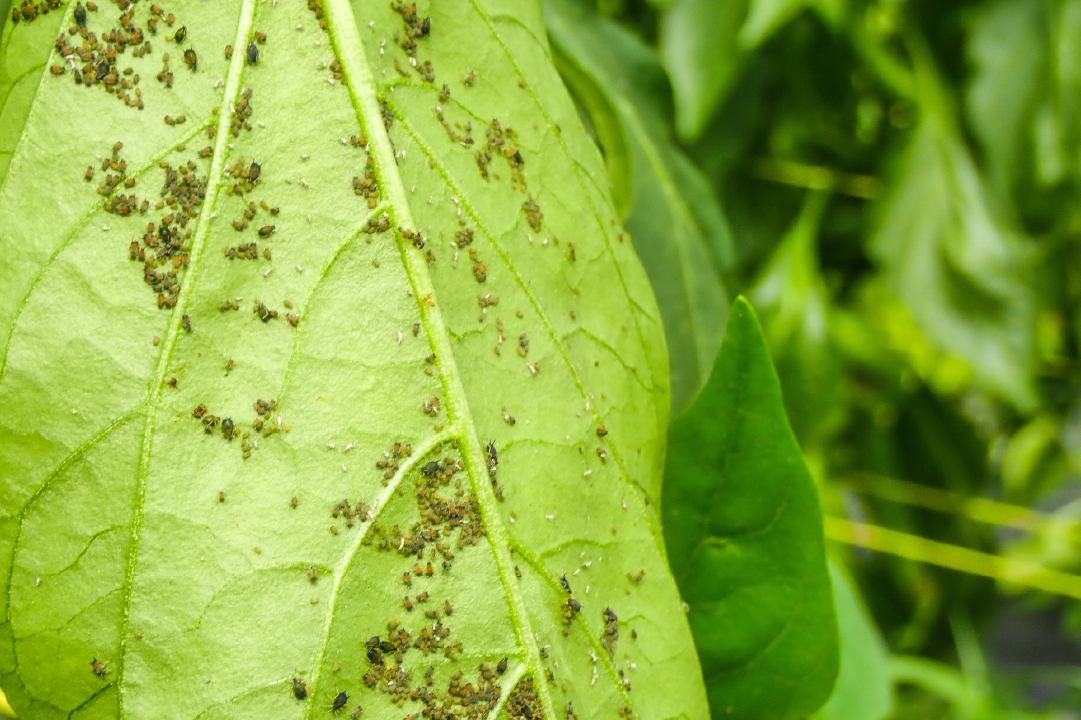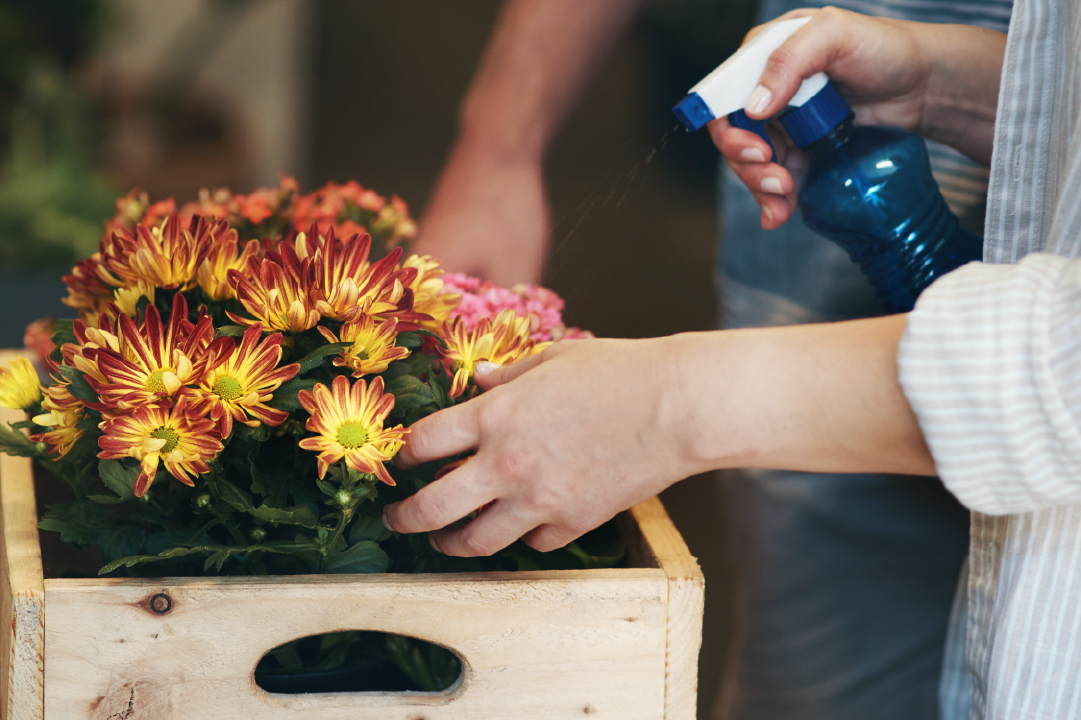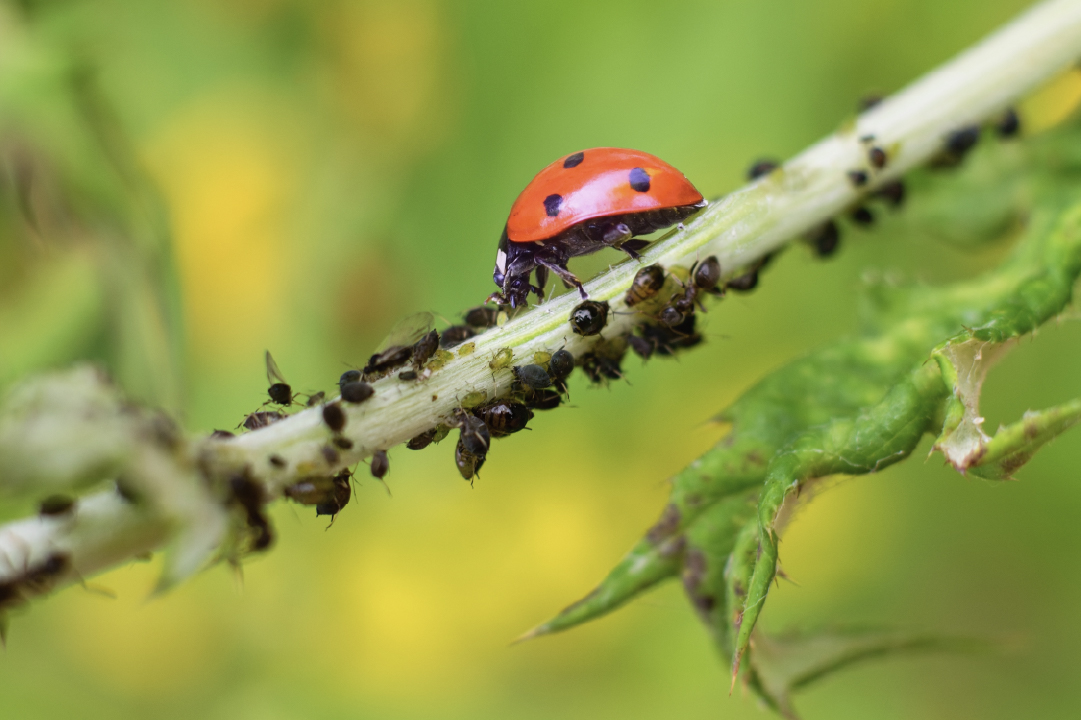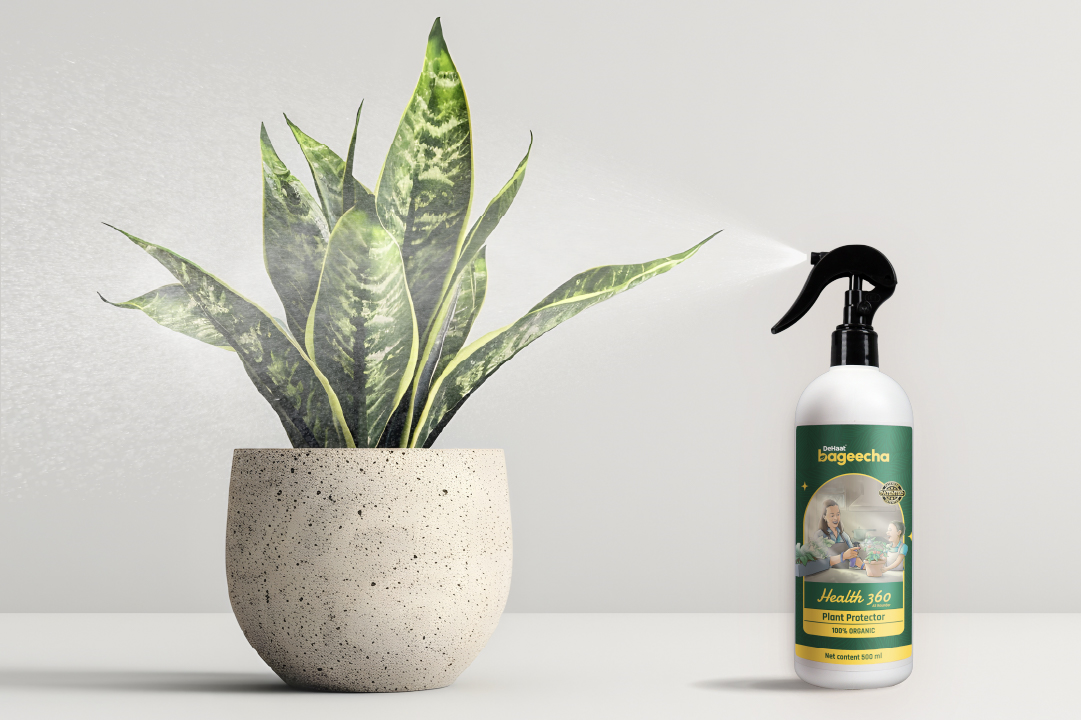.jpg)
Picture this: You've spent weeks pampering your garden, whispering sweet nothings to your roses, and even playing them Mozart. And then one sunny morning, BAM! You find tiny, green, sap-sucking invaders partying on your plants. Welcome to the world of aphids — the little garden villains that nobody invites, but everybody gets.
Don’t worry, garden hero! We’re going to make sure you’re armed with the best aphids control pesticides and playful wisdom to reclaim your leafy paradise.
What Are Aphids and Why Are They So Annoying?
Aphids are those teeny-tiny, soft-bodied insects that love to munch on plant sap. But don’t let their size fool you! They reproduce faster than you can say "organic fertilizer" and bring along their entourage of sooty mold and plant viruses. Left unchecked, they can turn your lush garden into a chewed-up, yellowing mess.
How to Spot Aphids Before They Turn into a Problem
Look out for sticky leaves (hello, honeydew!), curled foliage, yellow patches, and tiny green, black, or white dots moving in slow motion. They usually party hard under leaves, on tender stems, and in flower buds.

The Secret Weapons: Aphids Control Pesticides That Actually Work
When squishing them with your fingers feels like a never-ending whack-a-mole game, it's time to level up with aphids control pesticides. Here’s what works best:
1. Insecticidal Soaps
Think of this as giving aphids a bubble bath... that they can’t survive. Insecticidal soaps break down the aphid’s outer body and cause dehydration. They’re gentle on plants but lethal for pests.
2. Neem Oil
Ah, neem oil — the multi-tasking superhero of the organic gardening world! It messes with aphids’ feeding and reproductive cycles and makes your plants taste like bitter medicine.
3. Pyrethrin Sprays
Derived from chrysanthemum flowers, pyrethrin is like Mother Nature’s pest bouncer. It knocks aphids out quickly and is biodegradable too!

4. Systemic Insecticides
These are for the big leagues. Systemic insecticides are absorbed by plants and protect them from the inside out, making aphids’ meals a deadly trap.
5. Essential Oils Mix
Peppermint, clove, and rosemary oil sprays smell divine to us but are pure horror for aphids.
Don’t Forget the Natural Sidekicks!
Ladybugs, lacewings, and parasitic wasps are nature’s pest control agents. Invite them over (not with party invites, but with flowering plants and shrubs).
Pro Tips for Long-Term Aphid Control
- Avoid over-fertilizing; aphids love soft, new growth.
- Regularly inspect the undersides of leaves.
- Wash plants with a strong stream of water.
- Rotate crops in your vegetable garden.

The Importance of Choosing the Right Aphids Control Pesticides
The market is full of options, but don’t let shiny labels fool you. Pick pesticides that are:
- Fast-acting but safe for beneficial insects.
- Easy to apply.
- Biodegradable and eco-friendly.
- Approved for edible plants if you're protecting vegetables or fruits.
How Often Should You Apply Aphids Control Pesticides?
- For soaps and oils: every 5-7 days until the infestation is gone.
- For systemic insecticides: follow the product instructions (usually monthly).
- For natural sprays: weekly maintenance does wonders.
Now, Let’s Talk About The Ultimate Plant Bodyguard: DeHaat Bageecha Health 360
Alright, plant parents — if you’re looking for a pesticide solution that’s safe, natural, and super effective, meet DeHaat Bageecha Health 360! This 100% natural spray not only tackles aphids but also keeps other pesky invaders at bay.
- Plant-friendly, pest-fierce: It controls pests without harming the plant or beneficial insects.
- Safe for indoor and outdoor plants: Perfect for kitchen gardens, balconies, and flower beds.
- No harsh chemicals: Your garden remains an eco-friendly, safe haven.
Why spend hours googling and second-guessing? Get DeHaat Bageecha Health 360 and enjoy an aphid-free, flourishing garden.

Aphids may be tiny, but can cause massive chaos in your garden. But with the right aphids control pesticides, a dash of natural predators, and a little help from DeHaat Bageecha Health 360, your plants can remain happy, healthy, and bug-free.
So, gear up, spray smart, and keep those aphids on the run!
FAQs
Q1. What are the first signs of an aphid infestation?
Sticky leaves (due to honeydew), curling foliage, and clusters of tiny insects on new growth.
Q2. Are aphids harmful to humans?
Not at all! But they can severely damage your plants and attract ants.
Q3. Can I get rid of aphids naturally?
Absolutely! Encourage ladybugs, spray neem oil, and wash plants with water.
Q4. How long does it take for aphids control pesticides to work?
Some products, like pyrethrin sprays, show results within hours. Organic treatments might take a few applications.
Q5. Is it safe to use aphids control pesticides on edible plants?
Yes, but make sure the product label says "safe for edible plants" and follow instructions carefully.
Q6. Do aphids come back?
If your plants are stressed or over-fertilized, yes. Keep an eye out and do preventive sprays.



